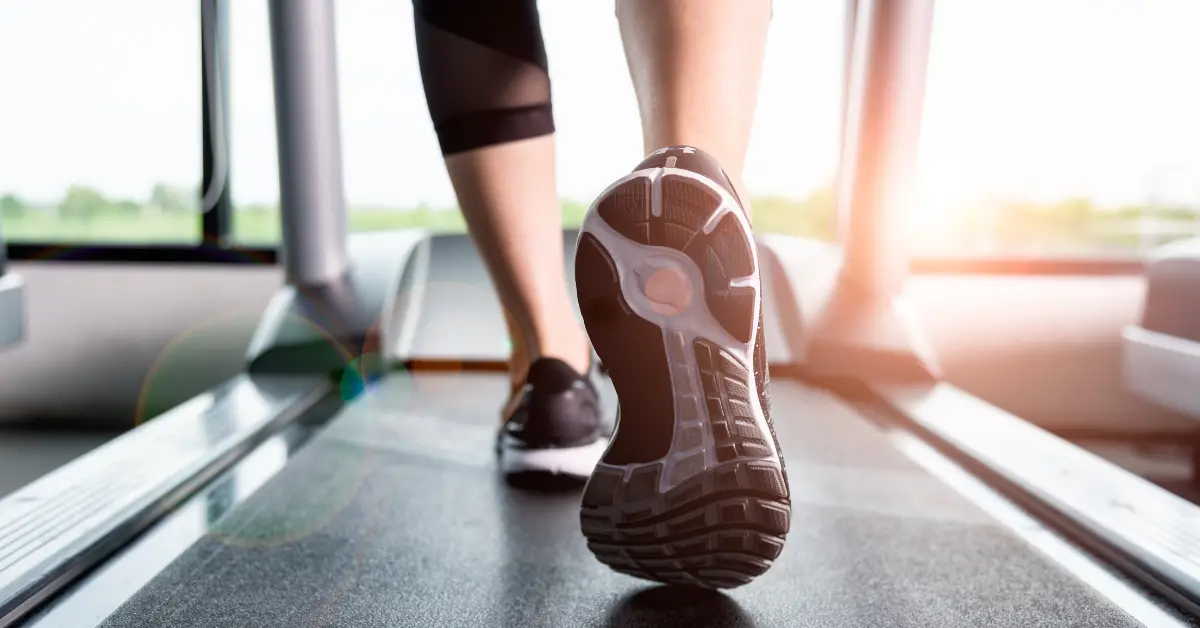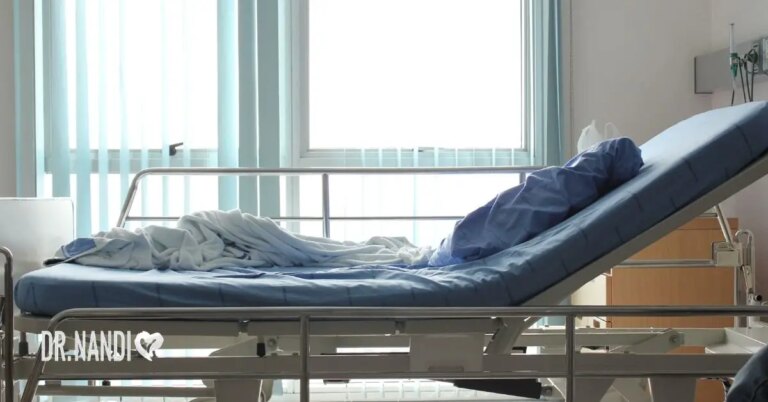Nothing can be more frustrating than lying down for a good night’s sleep only to find yourself tossing and turning. You might also find you fall to sleep right away, but then wake in the middle of the night. However, poor sleep is not just frustrating. It can also interfere with your health. According to a recent study, people with poor sleep and exercise in their lives have an increased risk of death from heart disease, stroke, and cancer. Findings show a likely tie between lack of exercise and poor sleep, something we should all be very interested in understanding. (1)
Exercise and Sleep Study
The UK Biobank study focused on 380,055 middle-aged (average age 55) men and women who shared information regarding their weekly physical activity and sleep. Their activity levels were measured in Metabolic Equivalent of Task (MET) minutes which shows a rough equivalent of the number of calories burned each minute during physical activity. The researchers categorized physical levels according to World Health Organization guidelines as follows: (1)
- High (1200 or more MET minutes/week)
- Medium (600 to less than 1200)
- Low (1 to less than 600)
- No moderate to vigorous physical activity
These numbers were then compared to sleep quality which was measured using a 0-5 sleep score that ranged from: (1)
- Poor at 0-1
- Intermediate at 2-3
- Healthy at 4+

These measurements considered chronotypes. Chronotype refers to our natural sleep preferences and schedules, categorizing sleepers as night owls or morning larks (aka early birds). People reported information such as their sleep duration, snoring, insomnia, and daytime sleepiness. (1,2)
Exercise and Sleep Tracking
This study tracked sleep and exercise habits for an average of 11 years. Each participant’s tracking ended either in death or when the study concluded in May 2020. Risk of death and type of disease was assessed including cardiovascular disease, coronary heart disease, cancer, and stroke. Lung cancer was measured as its own category. (1)
Poor Exercise and Sleep Deaths
Through the duration of the study, 15,503 died in total. Of those deaths: (1)
- 4,095 were related to any type of cardiovascular disease
- 9,064 were due to various cancer
- 1,932 people died from coronary heart disease
- 3,59 from a brain bleed stroke
- 4,50 from a blood clot stroke
- 1,595 from lung cancer
In the entire group the study showed that the lower the sleep score of the participant, the more at risk they were of death from any cause, usually cardiovascular disease or ischemic stroke. In fact, the inactive, poor sleepers were at 57% higher risk of death from any cause. For those with lower physical activity and poor sleep, they were at highest risk of death from cardiovascular diseases by 67%, cancer by 45% and lung cancer by 91%. (1)
Tie Between Exercise and Sleep
“Physical activity levels at or above the WHO guideline (600 metabolic equivalent task mins/week) threshold eliminated most of the deleterious associations of poor sleep with mortality,” say the researchers. “As emerging evidence supports a synergistic effect of sleep and [physical activity] on health outcomes, future trials concurrently targeting both behaviors are warranted.” (1)
These findings are excellent motivation for us to increase physical activity and improve sleep quality.
Interested in embracing a healthier, less sleep-deprived lifestyle? Listen to this our Calming the Chaos meditation resources.

My Personal RX:
No matter how busy my days get, I make sure not to neglect the power of quality sleep, as it contributes to overall health and well-being. By prioritizing restful and restorative sleep, we can enjoy benefits like increased productivity, improved mood, and enhanced physical performance.
1. Establish a consistent bedtime routine to signal to your body that it’s time to wind down and prepare for sleep. This could include activities like reading a book, taking a warm bath, practicing relaxation techniques, or listening to calming music.
2. Avoid electronic screens at least one hour before bed or use blue light-blocking filters or glasses. Blue light emitted by electronics can interfere with your sleep by suppressing the production of melatonin, a hormone that regulates sleep.
3. Experiment with sleep-inducing foods. Some foods contain natural compounds that may promote sleep, such as kiwi, tart cherries, almonds, or herbal teas like chamomile or passionflower.
4. Dive into the secrets of restful sleep with my Sleep Guide, a comprehensive resource that provides a step-by-step approach to achieving optimal sleep quality. Uncover the path to rejuvenating sleep
5. Enhance your sleep experience with Sleep Max supplements. This powerful blend of natural ingredients supports your body’s sleep-regulating neurotransmitters, promoting deeper and more restorative sleep. Upgrade your sleep routine

Considering Trying Sleep Max?
Sleep Max is one of our most popular supplements and I can personally tell you it works, but don’t take my word for it listen to what Laura has to say about her experience with Sleep Max.
Sources:











 Subscribe to Ask Dr. Nandi YouTube Channel
Subscribe to Ask Dr. Nandi YouTube Channel









